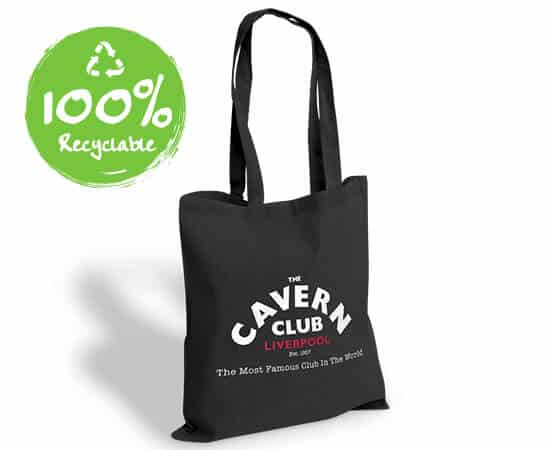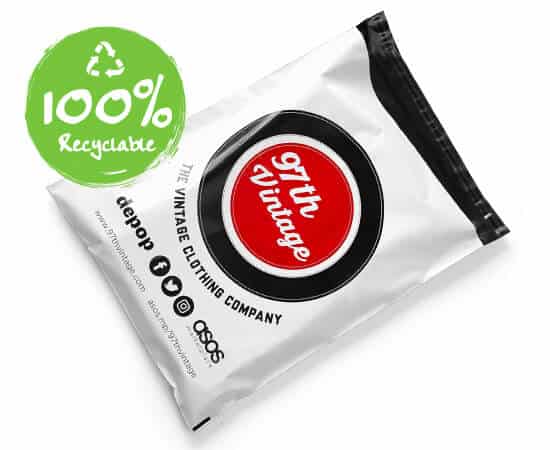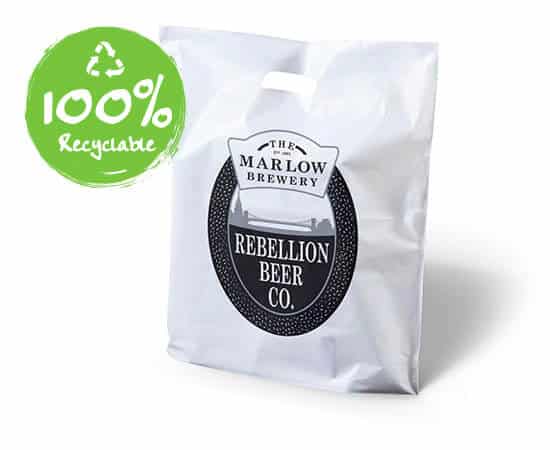
The Must-Have Toolkit for Event Planners
It’s understandable to feel a little nervous about planning your first business event. There’s a lot to consider and a team of people to organise and motivate.
With a little planning, hard work, and our essential events toolkit you’ll have everything you need to make your event go without a hitch.
Start with a Brilliant Strategy
The best way to start your event planning is to come up with a brilliant strategy. Note down your event’s name, when and where it will be held, and (the big thing!) its purpose.
Then consider who you want to come along, what they will want to get from attending, and how you will provide that.
Why is your event different? This is important because you want people to pick your event over others. Jot down ideas on how you will reach your ideal attendees, what your major costs will be, and how you intend to benefit from the event.
Finally, decide how you will know your event has been successful. Are you hoping to generate a certain number of sales, create a professional network, or be recognised as an industry expert? Pin down as many concrete outcomes as possible.
Gather all your ideas in a strategy document and check back to it throughout the planning process.
Target Your Niche
How will you address the needs of your audience? First, look at professional organisations and social media to find out about their current issues and concerns.
Take time to talk to colleagues, look at media reports and browse industry and customer forums to find hot ideas and trends. This will make sure that your event is up-to-date and relevant, which will really boost its appeal.
Use Time-Saving Apps
Now that you are sure to draw the crowds, you need to keep track of all the planning details. Luckily, there are several really useful apps that can help you to do this.
When you’re gathering ideas, Pocket is a handy app that allows you to save online content and read it later. Even better, Pocket syncs with Evernote, which allows you to store articles, photos, doodles, pdfs and voice recordings under different topic headings in one app.
Eventopedia is a really useful for finding venues and suppliers. The app lets you rate and review suppliers, making it easier to know what kind of service you can expect before going ahead with your booking.
Trello allows different people to update progress on separate aspects of a shared project simultaneously. Each aspect is represented by a ‘card’, which is added to a shared board. Basecamp is a more comprehensive, less visual project management application that is geared to larger projects.
Eventbrite is specifically designed for event planning. The app allows you to customise your event page, track your planning, invite attendees and let them pay online. It also has features for running the event on the day, and excellent technical support.
Create a Marketing Calendar
Another great way to make sure your event goes with a swing is to create a marketing calendar to publicise it. Start about 4 months in advance, scheduling events at regular intervals.
Start with a pre-event period when your event page goes live, then an official event launch, early bird offers and last minute ticket deals. This will make sure that your target audience gets to know all about your event.
Use a spreadsheet to track all the ways you can market your event, such as emails and blogs, social media updates, advertisements, listings, press releases and webinars.
Consider ways you can reach out to industry influences, business partners and your contacts to build up interest.
Keep Track of Your Budget
Managing your budget is essential for successful events. If this is your first event, be realistic about how many people you will attract, and how much money you will make. Consider how much it will cost to host your ideal event, a realistic event, and consider a ‘worst-case scenario’.
Your event venue will determine your budget and help you decide what kind of event you will hold. Will your attendees pay for tickets? Will you get sponsorship? Will you invite carefully selected guests?
If you intend to generate an income from the event, your event costs mustn’t outweigh your income. Pick a price point for your tickets, making sure they are broadly in line with similar events elsewhere. Also, make sure you have a contingency fund to cover any unexpected costs.
Gather a comprehensive list of your outgoings and revenue and itemise them in a spreadsheet. Add a top sheet so you can see where your finances are at a glance. If you need to make savings, this will make it easier to decide where you should wield the axe.
Don’t Forget to Consider Sales
If you plan to sell tickets, make sure that you describe your event accurately. Add a ticket description that will explain all the important details.
Next, compare the different online payment options to see which one works best for you. Remember that some systems will release your revenue more quickly than others – make sure you factor that into your budget.
Provide a clear, visible refund policy. This will help to avoid any issues with cancellations.
Before your event goes live, double-check everything to make sure that there is nothing you have missed.
With your event planning toolkit at your fingertips, you have every chance of success. Good luck!
The Printed Bag Shop has years of expertise in event planning and promotional printed bags. To speak to one of our lovely team about event planning, or which of our printed bags is best for you, contact us on sales@theprintedbagshop.co.uk or 0191 268 7555.













